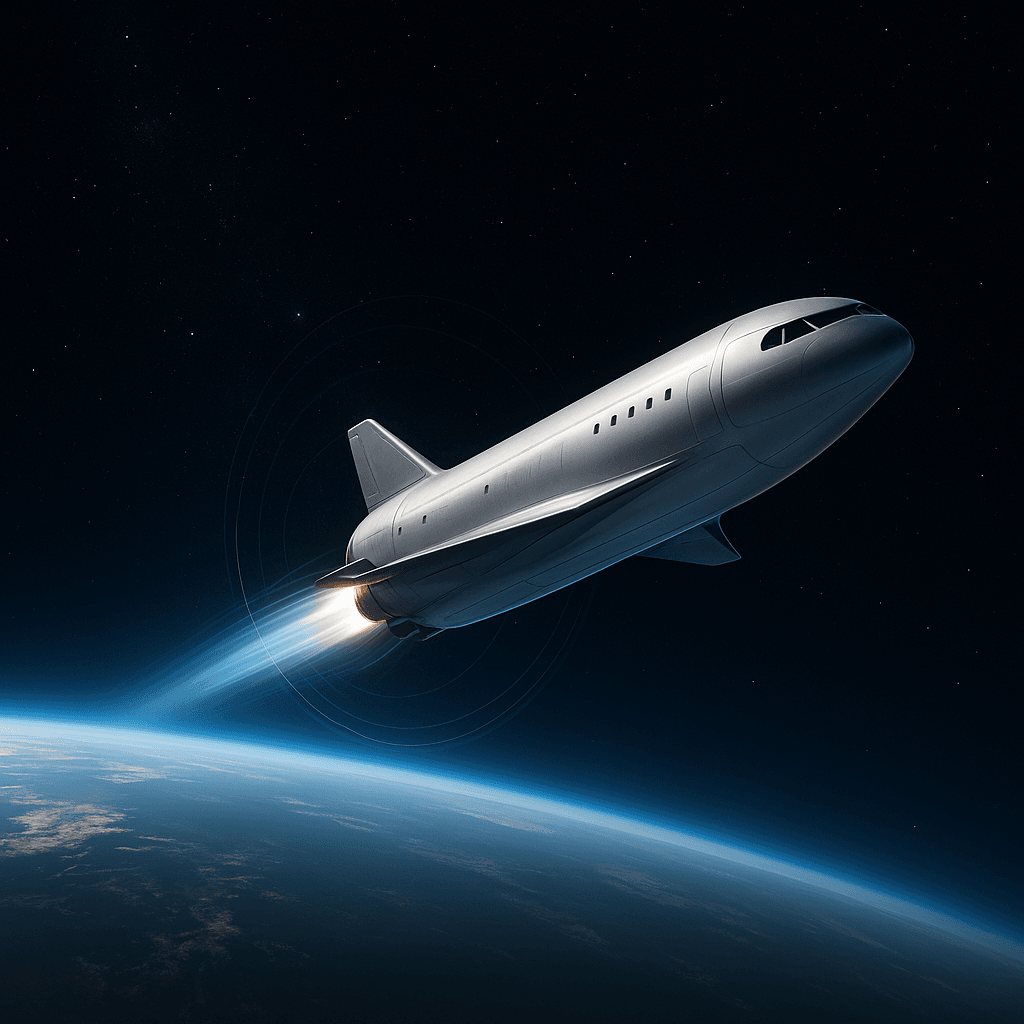The space industry just got its same-day delivery service. Impulse Space is promising to compress satellite transport to geostationary orbit from months to hours, landing three major contracts worth millions in partnership deals with Anduril, Astranis, and Infinite Orbits scheduled through 2027.
The space logistics game just changed. Impulse Space is bringing Amazon-style same-day delivery to satellites, but instead of your doorstep, they're targeting geostationary orbit 22,000 miles above Earth. What normally takes months now happens in hours.
Tom Mueller, who spent nearly two decades perfecting SpaceX's Merlin and Raptor engines, founded Impulse in 2021 with a bold vision: ultra-fast satellite transport that makes space as accessible as overnight shipping. This week, that vision crystallized into three major deals that could reshape how we think about orbital logistics.
The centerpiece is Helios, Impulse's methane-oxygen kick stage that acts as the final mile courier for satellites. Think of it as a space taxi that picks up payloads in low Earth orbit and rockets them to their final destination in record time. The system uses a powerful engine called Deneb to propel spacecraft through the treacherous Van Allen radiation belts - those charged particle zones that have historically made GEO missions complex and time-consuming.
Anduril signed on first for a 2026 demonstration mission that could prove especially lucrative for both companies. The defense contractor will provide mission data processors, long-wave infrared imaging, and software-defined payloads while Impulse supplies the Mira spacecraft - the same platform that flew its maiden voyage last year. Together, they're building capabilities for rendezvous and proximity operations, essentially allowing satellites to approach and inspect other objects in orbit.
This isn't just about faster delivery. The Space Force has identified these inspection capabilities as critical for space domain awareness and deterrence. U.S. officials call it "maneuvering without regret" - the ability to reposition satellites without jeopardizing missions or burning precious fuel. In an increasingly contested space environment, that agility could prove decisive.
The commercial applications are equally compelling. Astranis locked in a 2027 mission that will see its MicroGEO satellites launched on Falcon 9 rocket to low Earth orbit, then delivered to geostationary orbit in under 24 hours by Helios. For Astranis, this timeline compression is gold - it means dramatically faster satellite activation for customers waiting for broadband services on Earth.












